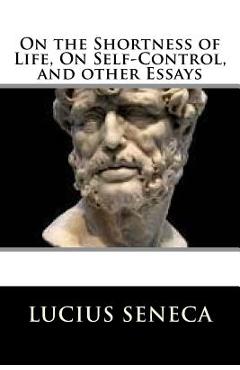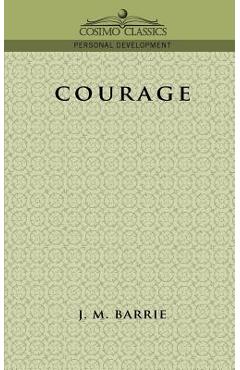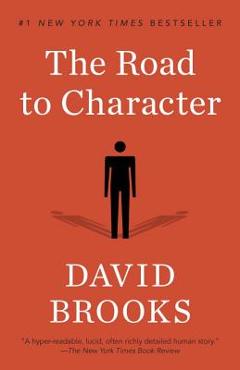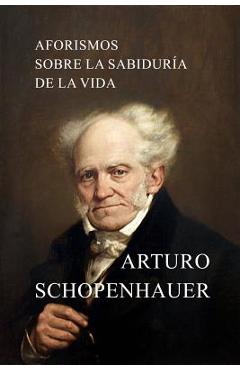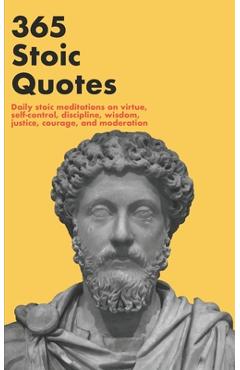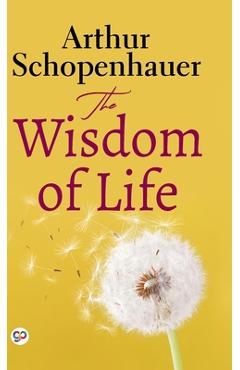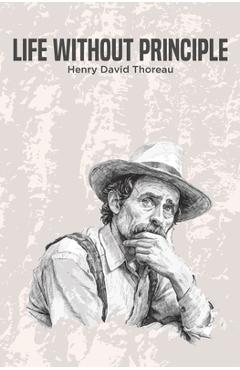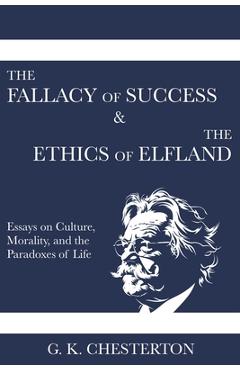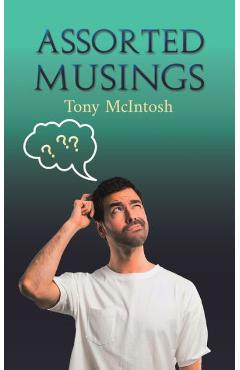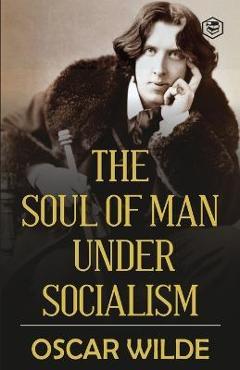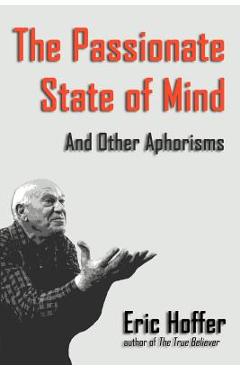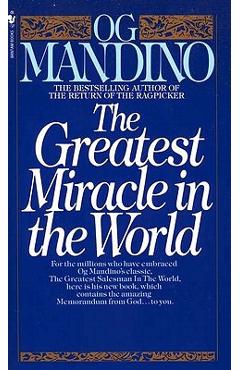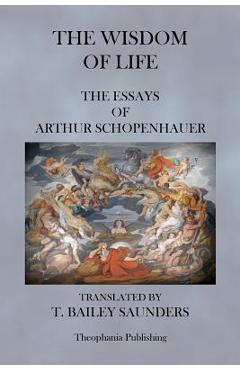The Conduct of Life
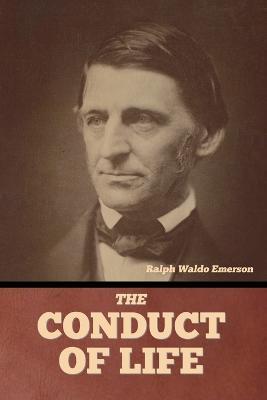
The Conduct of Life
The Conduct of Life is a collection of essays by Ralph Waldo Emerson published in 1860 and revised in 1876. In this volume, Emerson sets out to answer "the question of the times: " "How shall I live?" It is composed of nine essays, each preceded by a poem. These nine essays are largely based on lectures Emerson held throughout the country, including for a young, mercantile audience in the lyceums of the Midwestern boomtowns of the 1850s. The Conduct of Life has been named as both one of Emerson's best works and one of his worst. It was one of Emerson's most successful publications and has been identified as a source of influence for a number of writers, including Friedrich Nietzsche. Though hailed by Thomas Carlyle as "the writer's best book" and despite its commercial success, initial critical reactions to The Conduct Of Life were mixed at best. The Knickerbocker praised it for its "healthy tone" and called it "the most practical of Mr. Emerson's works," while The Atlantic Monthly attested that "literary ease and flexibility do not always advance with an author's years" and thought the essays inferior to Emerson's earlier work. Yale's The New Englander while complimenting Emerson's abilities, criticized the book as depicting "a universe bereft of its God" and described its author as writing "with the air of a man who is accustomed to be looked up to with admiring and unquestioning deference." Littell's Living Age found the book to contain the "weakest kind of commonplace elaborately thrown into unintelligible shapes" and claimed it to read in parts like an "emasculate passage of Walt Whitman." Others were no less critical, proclaiming that Emerson "has come to the end of what he had to say, and is repeating himself" (Athenaeum) or even calling him a "phrasemonger" and "second-hand writer" (Critic). While some critics like Harold Bloom place The Conduct of Life among Emerson's best work-Bloom calls it "a crucial last work for Americans"-it has only been paid little critical attention. As The Conduct of Life is, in parts, thematically grouped around practical life issues (e.g. 'Power', 'Wealth'), it has been discussed as participating "in the aspirations of the contemporary conduct-of-life literature" while opening up possibilities of gender fluidity. Also, despite the stronger reconciliation between self and society compared to Emerson's previous, more individualistic works, The Conduct of Life is in no way a one-sided affirmation of American society,
PRP: 127.13 Lei
Acesta este Pretul Recomandat de Producator. Pretul de vanzare al produsului este afisat mai jos.
114.42Lei
114.42Lei
127.13 LeiIndisponibil
Descrierea produsului
The Conduct of Life is a collection of essays by Ralph Waldo Emerson published in 1860 and revised in 1876. In this volume, Emerson sets out to answer "the question of the times: " "How shall I live?" It is composed of nine essays, each preceded by a poem. These nine essays are largely based on lectures Emerson held throughout the country, including for a young, mercantile audience in the lyceums of the Midwestern boomtowns of the 1850s. The Conduct of Life has been named as both one of Emerson's best works and one of his worst. It was one of Emerson's most successful publications and has been identified as a source of influence for a number of writers, including Friedrich Nietzsche. Though hailed by Thomas Carlyle as "the writer's best book" and despite its commercial success, initial critical reactions to The Conduct Of Life were mixed at best. The Knickerbocker praised it for its "healthy tone" and called it "the most practical of Mr. Emerson's works," while The Atlantic Monthly attested that "literary ease and flexibility do not always advance with an author's years" and thought the essays inferior to Emerson's earlier work. Yale's The New Englander while complimenting Emerson's abilities, criticized the book as depicting "a universe bereft of its God" and described its author as writing "with the air of a man who is accustomed to be looked up to with admiring and unquestioning deference." Littell's Living Age found the book to contain the "weakest kind of commonplace elaborately thrown into unintelligible shapes" and claimed it to read in parts like an "emasculate passage of Walt Whitman." Others were no less critical, proclaiming that Emerson "has come to the end of what he had to say, and is repeating himself" (Athenaeum) or even calling him a "phrasemonger" and "second-hand writer" (Critic). While some critics like Harold Bloom place The Conduct of Life among Emerson's best work-Bloom calls it "a crucial last work for Americans"-it has only been paid little critical attention. As The Conduct of Life is, in parts, thematically grouped around practical life issues (e.g. 'Power', 'Wealth'), it has been discussed as participating "in the aspirations of the contemporary conduct-of-life literature" while opening up possibilities of gender fluidity. Also, despite the stronger reconciliation between self and society compared to Emerson's previous, more individualistic works, The Conduct of Life is in no way a one-sided affirmation of American society,
Detaliile produsului









